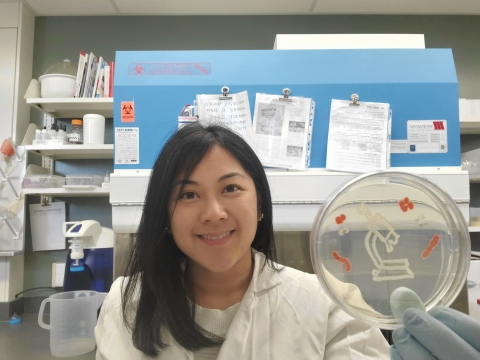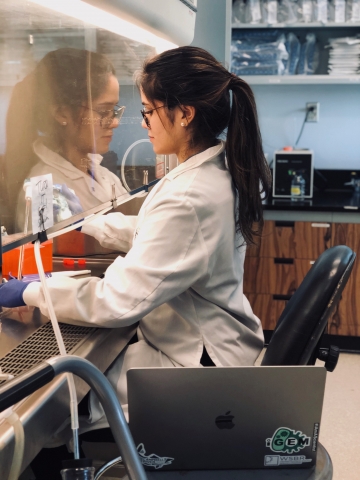Let's Talk Microbes Resources
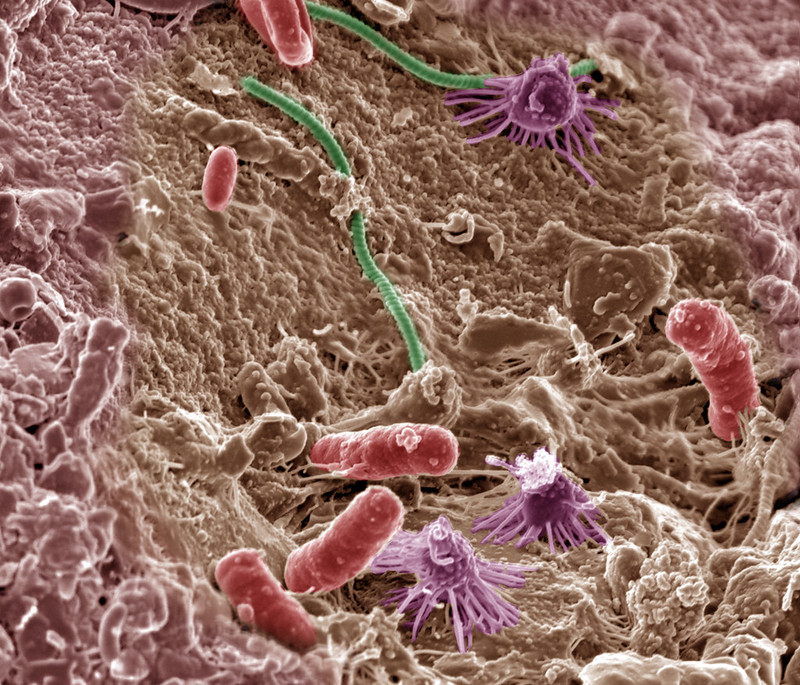
Microbes in the soil (Image courtesy of Pacific Northwest National Laboratory).
Discover a list of resources relating to microbes, our interactions with them, and our future relationship with them.
Microbes are microorganisms that require a microscope to see properly. A large array of things fall under this category, including bacteria, single-cell eukaryotes, and viruses. Microbes can sometimes be dangerous, as when viruses and bacteria cause infection and illness, but they can more often be beneficial both for you and for our continuous pursuit of technological advancement. For many years humans and microbes have been in an arms race of protecting ourselves versus them resisting our latest technologies. In recent years, microbes have been winning.
Let's Talk Microbes is a visionary symposium taking place on November 23rd, 2021. Join our panel of world-renowned scientists to learn how the science of genomics is changing our battle against the microbes – from health to food, to the environment, to the very future of antimicrobials. Below are a list of resources and career profiles to help you get up to speed on the complicated and fascinating world of microbes!
Contents
- Clips from Let's Talk Microbes
- What Are Microbes?
- Microbes Around Us
- Engineering With Microbes!
- Further Information
- Career Profiles
Clips from Let's Talk Microbes
Opening Statements
Jason Tetro
Dr. Kayley McCubbin
Dr. Manpreet Kaur
Panel Discussion and Closing Remarks
What Are Microbes?
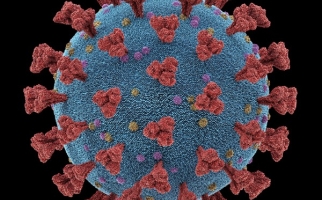
Introduction to Viruses
Backgrounders
Learn about the basics of viruses.
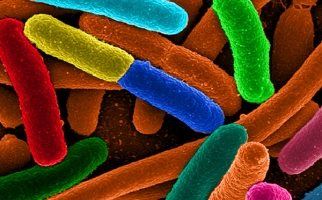
Introduction to Bacteria
Backgrounders
What exactly are bacteria? What types of bacteria are there? And are they really as bad as people think they are?
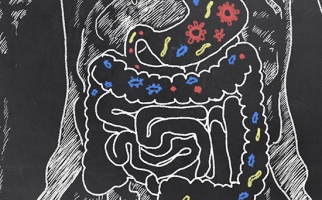
Are Microbes Your Friend or Foe?
STEM Explained
Microbes are everywhere, even in your digestive tract. Some of these microbes are helpful, and some aren’t.
Microbes Around Us
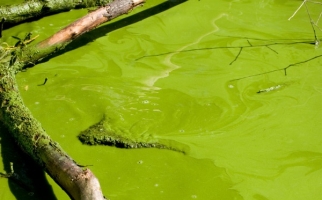
Eutrophication: Why you should care about pond scum
STEM Explained
When fertilizers from agriculture get into lakes and rivers, big problems can result for aquatic ecosystems, food chains & webs!
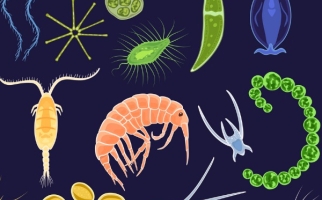
Marine Microbiology: Meet the Microbes of the Sea!
STEM Explained
The ocean is full of very small but very useful creatures called microbes. Without them, none of the sea plants or animals you’ve seen would exist!
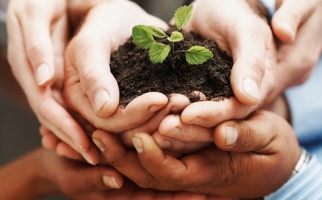
The Dirt on Soil Conservation
STEM Explained
If I asked you to name a few things that all life on the planet couldn’t live without you could probably come up with some good answers, but I bet you’d never think to say dirt.
Engineering With Microbes!
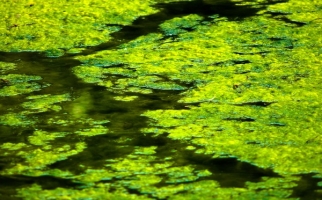
Algae Biofuel: Can Pond Scum Power the Planet?
STEM Explained
Learn about the potential of algae as a material for making biofuel.
Microbial Fuel Cells
STEM Explained
In a few decades, some of the electricity you use might be generated by bacteria.
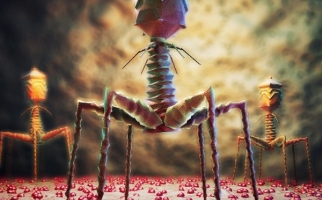
Phages vs. Antibiotics
STEM Explained
Many doctors prescribe antibiotics to cure infections. But should they be prescribing viruses instead?
Further Information:
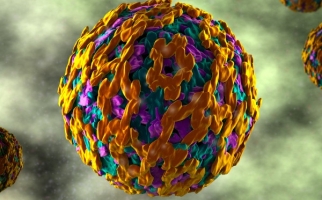
Where Did Viruses Come From?
STEM Explained
Viruses are not living things - so where did they come from? Scientists have proposed three different hypotheses.
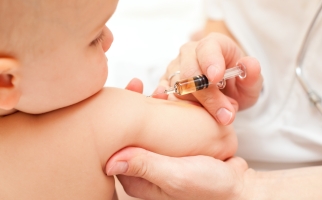
Immunity and Vaccination
Backgrounders
Learn about the history of vaccines and how vaccines trigger an immune response that keep us from getting some dangerous diseases.
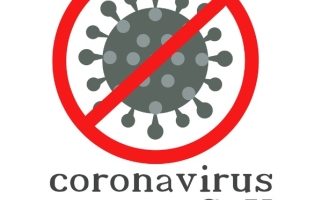
COVID-19 Resources
STEM Explained
COVID-19 learning resources and suggestions for discussing with students.
Career Profiles:


Jennifer Gardy
Deputy Director, Surveillance, Data, and Epidemiology Malaria | Global Health
See Jennifer Gardy's profile
